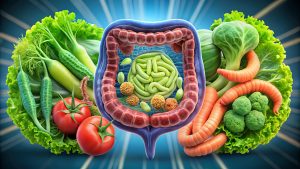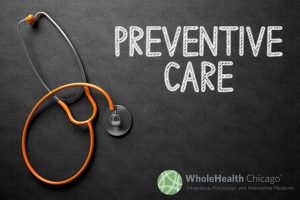You may find this a bit unbelievable but as recently as the 1960’s there was still a debate about whether smoking caused lung cancer. Many doctors puffed happily away, even in hospital corridors and advised the same of their patients. The smokiest room in any hospital was the Doctors’ Lounge. The reason for this protracted […]
Tag: colon cancer
Colon Cancer, Dementia Prevention, and Your Socks
Sometime in your mid forties, you start thinking of words like “prevention” and “screening”, the “serious stuff” beyond what you thought was reasonable, like getting your teeth cleaned, your eyes examined and, if you have one, having your cervix checked. Also in your forties and female, you enter Mammogram land, no walk in the park […]
You Probably Don’t Need A Colonoscopy
Quite often the patient sitting before me helpfully finishes my sentence. “Yeah, yeah, I know, I need a colonoscopy.” This happens in person or during a Telemed visit when I remark how they’re approaching (or recently turned) 50, 60, or beyond. Or they’re a few years beyond 50 or 60, and I genially ask, “Your […]
No More Colonoscopies! (For Most of Us)
If you’re approaching 50, you’re facing issues unique to your next half century. Oh, sure, there are lots of good things to anticipate, like joining AARP for discounts on Depends or joining one of their affordable bus tours to the Dells. You can even fantasize about retirement, though it may be years and years away. […]
Fiber, insoluble
Insoluble fiber is a subclass of dietary fiber. Like its soluble cousin, insoluble fiber differs from starch because the chemical bonds that join individual sugar units can not be digested by enzymes in the human gastrointestinal tract. Insoluble fiber is considered a “noncarbohydrate carbohydrate” since the components that make up insoluble fiber are lignins, cellulose, and hemicelluloses. All of these compounds form the structural parts of plants and do not readily dissolve in water and are not metabolized by intestinal bacteria. Bran fiber is rich in hemicelluloses, while a cotton ball is pure cellulose.
Calcium
The most abundant mineral in the human body, calcium has long been recognized for its ability to keep bones healthy and strong. New research indicates that it may also be an effective weapon against high blood pressure, heart attack, PMS (premenstrual syndrome), and colon cancer. Unfortunately, most Americans consume only about half the dietary calcium their bodies require.

